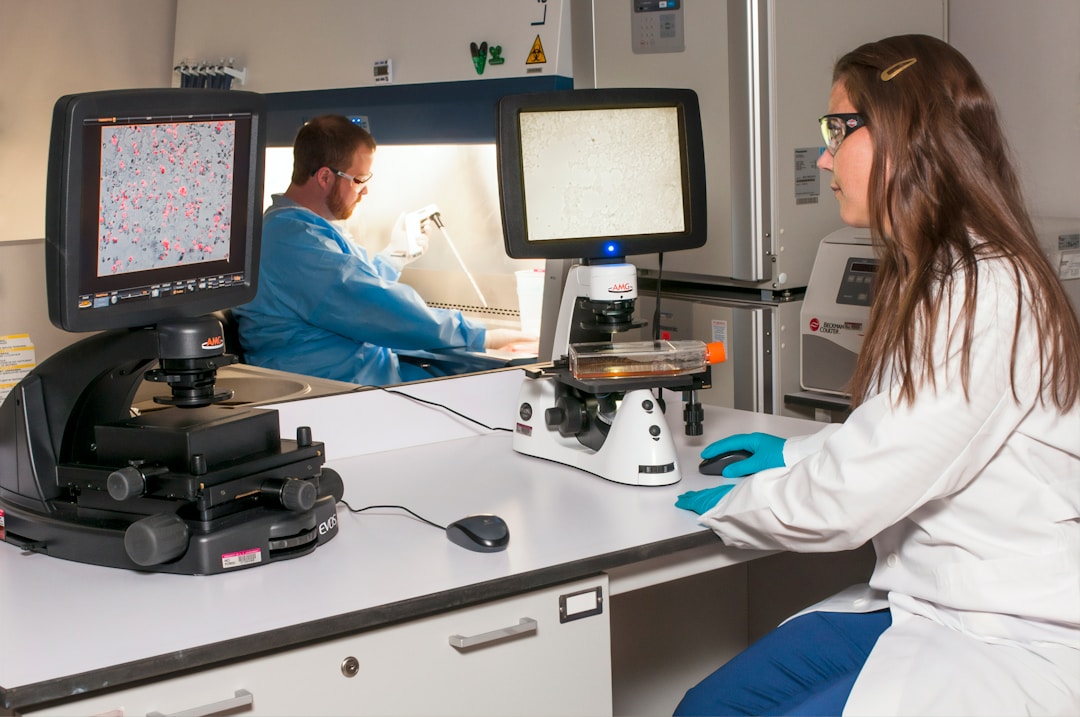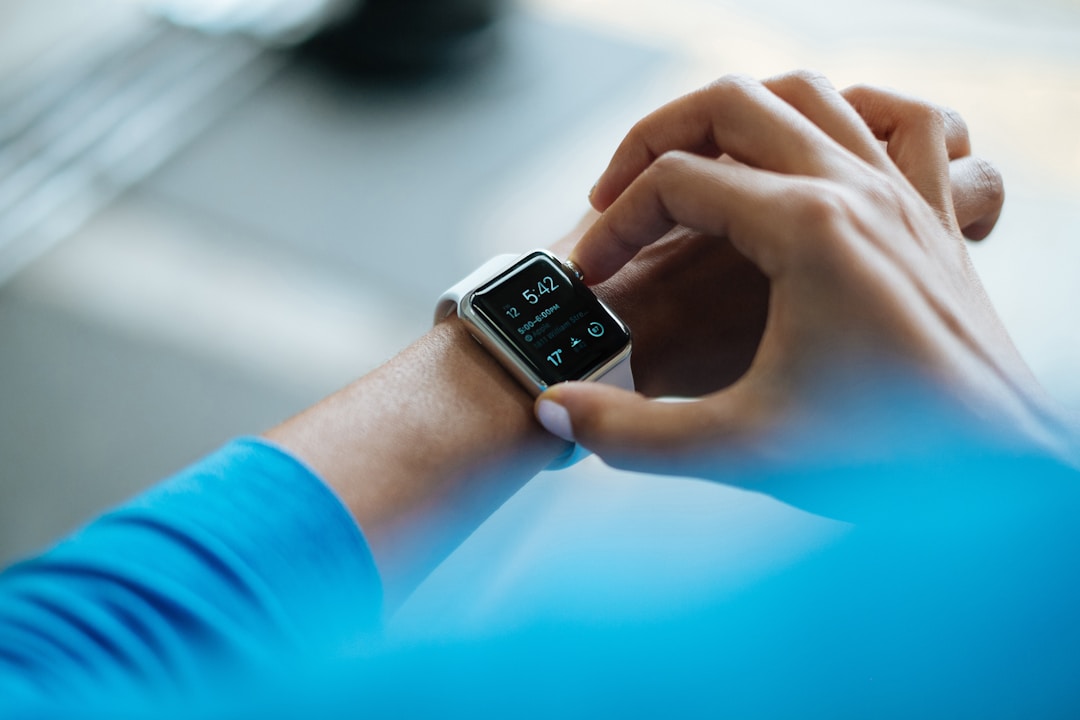COVID-19 has disrupted every facet of life, but it certainly hasn’t side-lined the advance of new technologies including artificial intelligence (AI), the Internet of Things (IoT), and the fourth industrial revolution. The healthcare industry has been most affected by COVID-19, as evidenced by the focus on medicine, vaccines, public health, and environmental health. Every innovation in healthcare, from biotechnology and precision medicine to virtual reality and robotics, has been put to the test during the worldwide pandemic.
The expansion of telemedicine.

One of the best technology improvements has been the expansion of telemedicine. Medical professionals can deliver basic medical services remotely to patients in the comfort and safety of their homes. Remote consultations allow medical professionals to hold minor and routine appointments throughout the day as their schedules permit. Telemedicine is a great way for midwives to check on pregnant women, psychologists to deliver mental health care and monitor behavioral changes, and oncologists to monitor cancer patients.
The demand for qualified healthcare professionals who have completed extensive training is in high demand. Pursuing a medical education can lead to a rewarding healthcare career, especially if you are passionate about helping others. Prism Career Institute offers students medical programs that teach extensive training in multiple medical fields. Students who complete a degree program will enjoy supportive financial aid, clinical training for practical nursing, externship opportunities, and job placement assistance upon becoming licensed medical professionals. The school of medicine offers degree programs in practical nursing and medical assistance.
Genomics and gene editing will improve precision medicine.

Advances in genetics, specifically genomics and gene editing, allows geneticists to manipulate phenotypes to develop more accurate treatments of killer diseases. Innovation in genomics and gene editing is leading to advancements in precision medicine. This allows drugs to be customized to a patient’s genetic profile to create a more effective treatment plan with fewer negative side-effects.
Apps, wearable devices, and self-monitoring solutions.

Health and wellness apps and the use of wearable devices that monitor health and fitness goals were already popular pre-COVID-19. During the pandemic, this popularity has increased as people prioritize their health and find ways to stay active. Wearable devices and sensors connected to the IoT devices have allowed medical professionals to monitor patients with chronic diseases remotely. All manner of wearable devices – heart rate sensors, step counters, sweat meters, oximeters, and devices that monitor high blood pressure – are empowering patients to take charge of their healthcare.
Hearing health is one area of healthcare that people often ignore until they develop a symptom. Genetics, prolonged exposure to loud noise, and damage to the ear canal can all cause tinnitus. Common tinnitus symptoms include buzzing, humming, hissing, or ringing background noises that affect the quality of life. Sound Relief Hearing Center provides the best tinnitus treatment and hearing solutions for people suffering from hearing health issues. The founder of Sound Relief Hearing Center, Dr. Julie Prutsman, is an experienced audiologist with a passion for educating tinnitus patients and helping them find tinnitus relief.
First-time patients will undergo a hearing test with an audiologist to determine the perception of tinnitus and create a personalized treatment plan. The hearing center offers hearing aids and tinnitus sound therapy including tinnitus retraining therapy. Like any wearable device, hearing aids require periodic adjustments, counseling, and maintenance, which is why Sound Relief is committed to building a long-term patient relationship.
New technologies have proven a strong potential for improving healthcare. The COVID-19 pandemic has caused the healthcare industry to rethink how it operates and delivers patient care. Advances in telemedicine, genomics and gene editing, wearable devices, and self-monitoring solutions are just some of the healthcare changes to expect in 2021.







